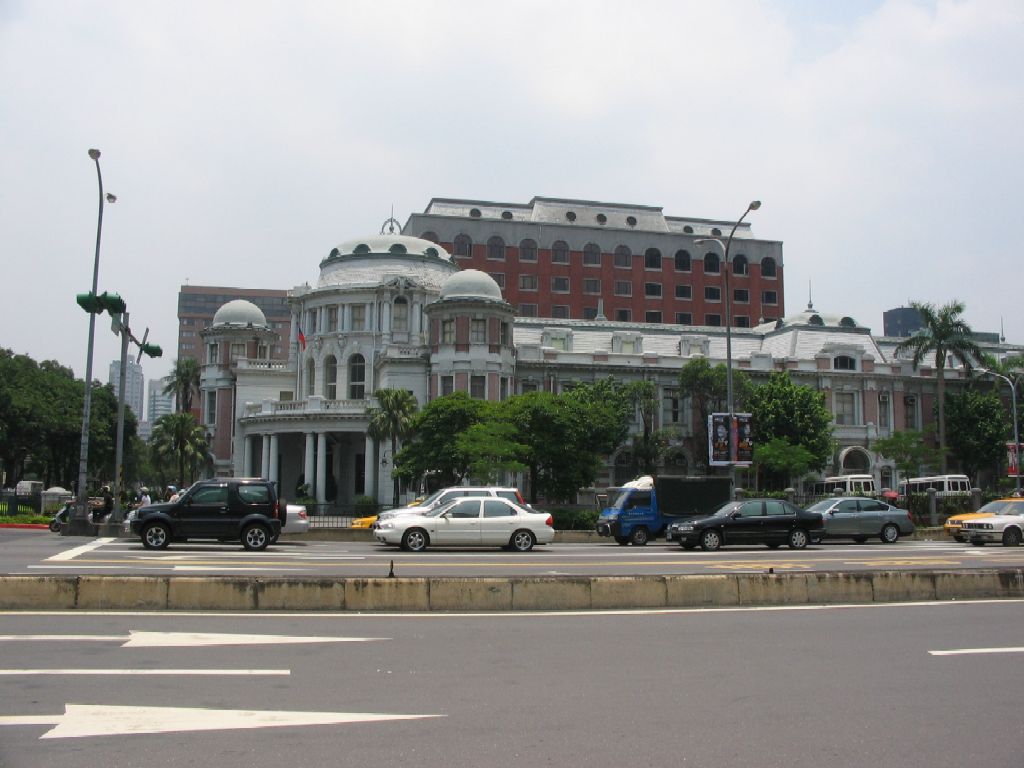by Brian Hioe
語言:
English
Photo Credit: Fcuk1203/WikiCommons/CC BY-SA 3.0
THE LIZEN HIGH SCHOOL in Taichung has come under fire for punishing public displays of affection among students. Consequently, the school has been criticized by groups such as the Taiwan Youth Association for Democracy on the basis of authoritarian values, such as existed during Taiwan’s authoritarian period.
Though the school has denied this in subsequent reports, the Lizen High School reportedly enforces a ban on holding hands, touching heads, or hugging in the school or on school buses. Students caught doing so are made to write a self-reflection and reported to their parents.
The high school’s principal has threatened retaliation against students, stating in an announcement that he “knew who they were” in terms of students engaged in such activities, and stating that students could directly argue with him about it.
Indeed, the school even went so far as to reportedly frame public displays of affection as obscenities punishable by law. The school has framed public displays of affection as violating Article 235 of the Criminal Code. Article 235 states:
A person who distributes, broadcasts, sells, publicly displays, or by other means to show an obscene writing, picture, audio record, video record, or any other object to another person shall be sentenced to imprisonment for not more than two years, short-term imprisonment, in lieu thereof, or in addition thereto, a fine of ninety thousand dollars may be imposed.
A person who with purpose to distribute, broadcast, or sell makes or possesses the obscene writing, picture, audio record, video record, or any other object shall be subject to same punishment.
The writing, picture, audio or video object shall be confiscated whether it belongs to the offender or not.
It is, of course, unlikely that any high school in Taiwan would actually be able to pursue charges of up to two years imprisonment or fines of 90,000 NTD against students that engage in public displays of affection. Nevertheless, such penalties existed in the authoritarian period, in which hair lengths were mandated for male students and there existed a host of other regulations on the appearance of young people.
 The Control Yuan. Photo credit: Allentchang/WikiCommons/CC BY-SA 3.0
The Control Yuan. Photo credit: Allentchang/WikiCommons/CC BY-SA 3.0
The Lizen High School’s actions are unusual in present times, but not the only case of such attitudes in educational institutions in Taiwan. Corporal punishment continues to be an issue in Taiwanese educational institutions, for example, which may also be seen as a reflection of authoritarian values.
At times, this has included cases of students being punished over violations of uniform procedures. In October of last year, the Control Yuan conducted an investigation into wrongdoing at the Yuan Ming Junior High School and Yunlin County Department of Education.
The Control Yuan was acting on reports that the Yuan Ming Junior High School had implemented a dress code for students. This mandated short hair for male students, which violated Article 21 of the Observations on the Notice Governing Educators’ Teaching and Punishing of Students as Defined by Schools. The school also advised female students to wear light-colored underwear, which the Control Yuan stated was possibly in violation of the Gender Equity Education Act, with other rules regulating underwear, socks, and shoes. Students were also not allowed to have a say in their dress code, with the process for electing members of the dress code committee contravening Principles for Making Regulations on Students’ Clothing and Appearance in Junior High Schools.
To this extent, corporal punishment was carried out for students that violated dress code. 60 students at the school were questioned, with nine reporting corporal punishment nearly every week, while four reported corporal punishment nearly every day. This would be a violation of the UN Convention on the Rights of the Child, specifically pertaining to physical and mental abuse.
Most probably, the Lizen High School is not unique in Taiwan for its actions. This points to what extent outmoded social attitudes still are pervasive in educational institutions in Taiwan then.

